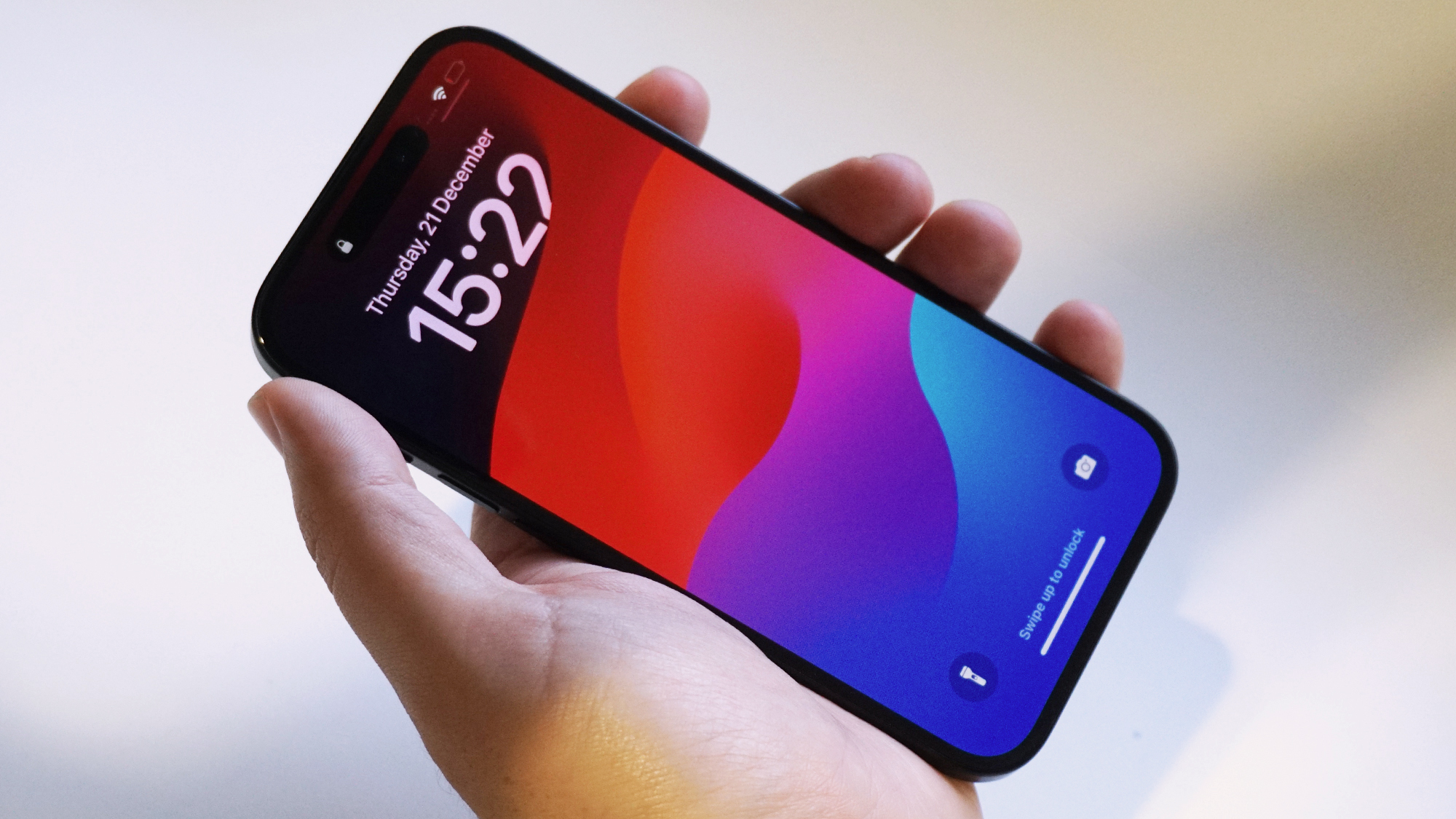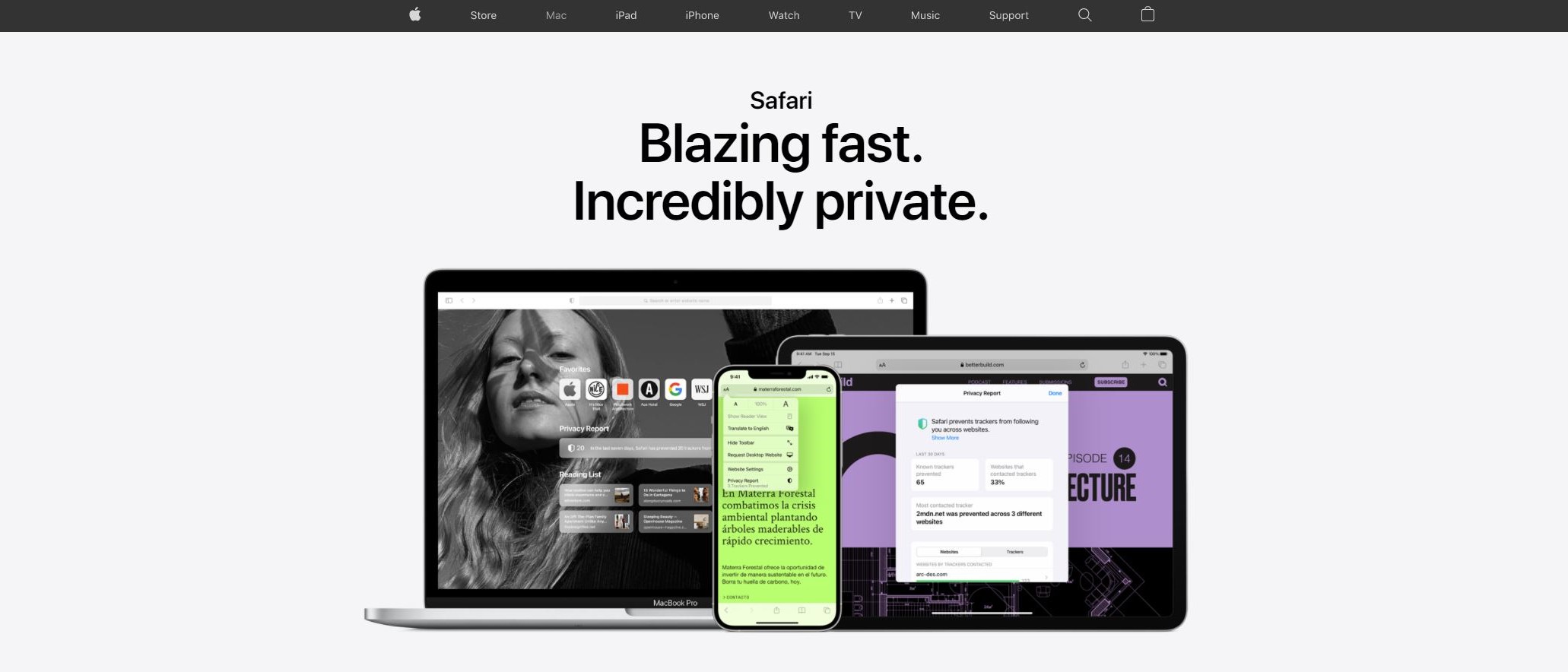Apple’s browser blues: new EU legislation forces an iOS browser rules overhaul, but rivals want to see more
Tech giants clash as EU regulation shakes up iOS browser rules

Apple is planning to make changes to its iOS browser rules - and Mozilla and Google have something to say about it. The rules are being put in place to comply with new European Union (EU) legislation, and Mozilla and Google want Apple to go further and roll out its new iOS rules worldwide.
The EU is bringing in new legislation named the Digital Markets Act (DMA), drafted to try and improve fairness and conditions for competition in the digital economy (at least as far as the EU is concerned). It became enforced on November 1, 2022 and became applicable on May 2, 2023... for the most part.
What the legislation actually means for Apple
This new legislation is forcing Apple’s hand, which means Apple will have to make some pretty major changes to its EU App Store policy, as reported by Ars Technica. The DMA sets out the EU’s new demands of manufacturers like Apple concerning digital market aspects like fairness, privacy, and more. Apple specifically is being directed to allow the browser engines of Apple’s competitors and apps that use those browser engines on iOS.
A browser engine is also sometimes called a layout engine or a rendering engine, and it’s a software component that allows HTML documents (web pages, essentially) to display on the user’s device. Until now, competing browsing engines were not allowed to be listed on the App Store, and all browsers would have to use Apple’s own Safari engine with their own features and customizations.

What Mozilla and Google have to say on the matter
That’s due to change and come into effect for Apple devices with iOS 17.4, and it’ll unchain the makers of rival browsers from these requirements from Apple. Sounds like a step in the right direction, right? Well, it’s not that simple, and Google and Mozilla want to see more from Apple in this regard.
Last month, Damiano DeMonte, a spokesperson for Mozilla, commented on the matter when speaking to The Verge, expressing that Mozilla would like to see Apple make this policy change worldwide - not just the EU. According to DeMonte, Mozilla is “extremely disappointed” with the geographic limitation of the policy change.
The effect of this policy change will mean that Apple’s rival browser makers will have to build two separate implementations for their browser, with Apple itself being excluded from the predicament even though the legislation is addressing market actors like them specifically. He accuses Apple of “creating barriers to prevent true browser competition on iOS.”
Get daily insight, inspiration and deals in your inbox
Sign up for breaking news, reviews, opinion, top tech deals, and more.
This opinion is shared by Google, with Google VP of Engineering for Chrome echoing DeMonte in a post on X (formerly Twitter), saying that Apple “isn’t serious about web browser or engine choice on iOS.”
Strong agree with @mozilla. @Apple isn’t serious about supporting web browser or engine choice on iOS. Their strategy is overly restrictive, and won’t meaningfully lead to real choice for browser developers. https://t.co/GBA8ucR7NUFebruary 2, 2024
Hopeful for a knock-on effect in the future
Apple’s behavior wouldn’t stand out so obviously if Apple’s Safari browser was more of a fan favorite among users. Instead, many web developers look at it as a sort of “new Internet Explorer,” the discontinued browser made by Microsoft and included by default on Windows machines in the past, with Apple’s tendency to lag some time behind its competitors when it comes to adding advanced web features.
That said, it’s got its own advantages over competitor browsers - like a markedly better reputation when it comes to privacy than the biggest competitor browser, Google Chrome.
So, as things stand, EU users will be treated to a more legitimately varied browser choice and Safari will have to compete more fairly on iOS devices in the EU. Hopefully, this move will bring about positive results and widespread user sentiment, and will motivate legislators around the world to maybe adopt similar measures.
YOU MIGHT ALSO LIKE...
Kristina is a UK-based Computing Writer, and is interested in all things computing, software, tech, mathematics and science. Previously, she has written articles about popular culture, economics, and miscellaneous other topics.
She has a personal interest in the history of mathematics, science, and technology; in particular, she closely follows AI and philosophically-motivated discussions.